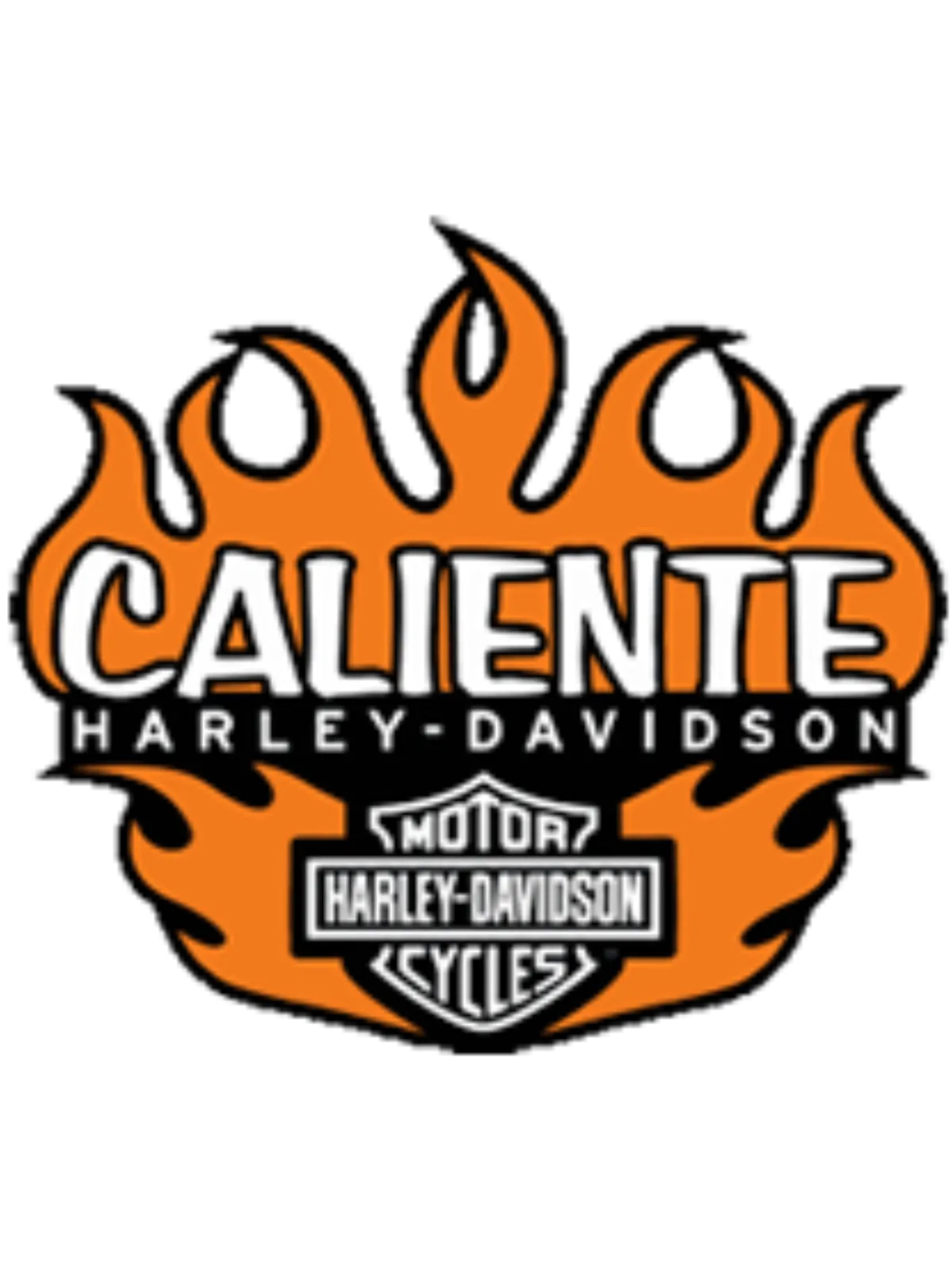Caliente Harley-Davidson Blog

The Art of Harley-Davidson Engine Tuning
Tuning a Harley-Davidson engine is both a science and an art, requiring knowledge of the bike’s mechanics and a keen sense of performance optimization. The process enhances power, efficiency, and overall riding experience. Here’s a detailed look at the art of Harley-Davidson engine tuning:
1. Understanding Engine Tuning
Engine tuning involves adjusting and optimizing various components to achieve the desired balance of power, efficiency, and smoothness. For Harley-Davidson motorcycles, tuning is often tailored to specific riding styles and performance goals.
2. Key Elements of Engine Tuning
A. Air-Fuel Ratio (AFR)
What It Is: The balance of air and fuel entering the engine for combustion.
Importance: A proper AFR ensures optimal power and fuel efficiency while preventing engine damage.
Adjustment: Use a fuel tuner or EFI module to fine-tune the AFR.
B. Ignition Timing
What It Is: The precise moment the spark plug ignites the air-fuel mixture.
Importance: Correct timing maximizes combustion efficiency and prevents knocking or detonation.
Adjustment: Modern Harleys with electronic ignition systems allow for timing adjustments through software or tuners.
C. Airflow
What It Is: The volume of air the engine takes in for combustion.
Importance: More air means more potential power.
Enhancements:
High-flow air cleaners.
Ported heads for improved intake and exhaust flow.
D. Exhaust Flow
What It Is: How efficiently exhaust gases exit the engine.
Importance: A free-flowing exhaust reduces backpressure, increasing power.
Enhancements:
Performance exhaust systems.
Tuned headers for specific RPM ranges.
E. Compression Ratio
What It Is: The ratio of the cylinder volume when the piston is at the bottom of its stroke compared to the top.
Importance: Higher compression improves power but requires higher-octane fuel.
Enhancements: Installing high-compression pistons during a rebuild.
3. Tools and Methods for Tuning
A. Fuel Tuners and Programmers
Examples: Screamin’ Eagle Pro Street Tuner, Dynojet Power Vision, Vance & Hines Fuelpak.
Functionality: Allow riders to adjust the AFR, ignition timing, and other parameters via software.
B. Dyno Tuning
What It Is: A professional process using a dynamometer to measure engine performance and make precise adjustments.
Benefits:
Maximizes horsepower and torque.
Provides detailed data for fine-tuning.
C. Stage Upgrades
Stage 1: Intake and exhaust upgrades with fuel tuning.
Stage 2-4: Progressive improvements, including cam upgrades, headwork, and increased displacement.
4. The Art of Fine-Tuning
Tuning isn’t just about numbers; it’s about creating a ride that feels right for the rider:
Listening to the Engine: Experienced tuners can hear subtle issues like knocking or uneven idling.
Testing in Real-World Conditions: Dyno results are great, but road testing ensures the bike performs as expected in actual riding scenarios.
Tailoring to Riding Style: Touring riders may prioritize fuel efficiency and smoothness, while performance riders may want aggressive power delivery.
5. Benefits of Tuning
Improved Power and Torque: A well-tuned engine delivers noticeable gains in acceleration and pulling power.
Better Fuel Efficiency: Optimized AFR reduces fuel consumption during long rides.
Enhanced Reliability: Regular tuning ensures the engine runs smoothly and prevents long-term wear.
Customized Ride Experience: Tuning allows for personalization to suit unique riding preferences.
6. Challenges and Considerations
Knowledge and Expertise: Improper tuning can lead to engine damage or reduced performance.
Warranty Concerns: Certain modifications may void the factory warranty.
Compliance: In some regions, performance modifications must adhere to emissions regulations.
7. Harley-Davidson’s Screamin’ Eagle Tuning
Harley-Davidson offers proprietary tuning solutions tailored to their bikes:
Screamin’ Eagle Pro Street Tuner: Provides a user-friendly interface for customizing engine parameters.
Factory Backing: Keeps the bike compliant with Harley-Davidson warranty and emissions standards.
Tips for Successful Tuning
Start with Quality Parts: Use Harley-Davidson-certified or high-quality aftermarket components.
Consult Professionals: For major upgrades, rely on experienced technicians or dyno tuning experts.
Regular Maintenance: Tuning works best on a well-maintained engine.
Tuning a Harley-Davidson engine is more than just a mechanical task—it’s a way to connect with your bike, unlock its full potential, and tailor it to your unique riding style. 🏍️💨

Facebook
Instagram
TikTok
Youtube